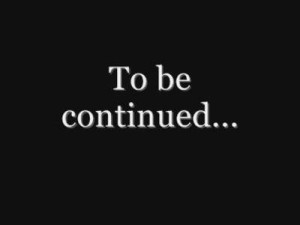When a client is NOT a good fit…
One of the most rewarding aspects of coaching is that feeling coaches get helping a client realize one of their most cherished goals.
Coaching is a business, and – like doctors, therapists and many other service providers– not everyone who asks for coaching services will turn out to be a good fit.
Obviously, there will be situations where coaches have ethical, moral, practical, or other reasons not to accept a potential client. Coaches will also encounter some prospective clients who fall into a “gray area” – where there isn’t a clear reason to refuse the person as a client, but yet there is some uncertainty about working together.
So how should coaches deal with a client who is NOT a good fit?
Challenge or Opportunity
At first glance, having an unlikeable client is a challenge. But if coaches look a little deeper, it can become an opportunity – to investigate themselves, their motivations, their unconscious attitudes and values, perhaps even unrecognized prejudices and mistaken beliefs.
A sincere effort at introspection can result in a more effective and compassionate coach.
A first question could be something along the lines of “Is it me disliking him, or me disliking something in myself?”
The difference is profound and important for personal growth. Once coaches determine an answer to that question, other questions will surely suggest themselves.
A final question should always be: “Do I need (or want) this kind of challenge?” The answer will have important insights for the coach.
Friend or Foe
If the coaching relationship progresses, coaches get to a point where they are preparing to offer some combination of alternatives, homework, suggestions, or work with clients on step-by-step action plans. At that moment, perhaps they should try a “Friend or Foe” test and ask themselves: Would you change your conversation with this client if instead, you were giving it to a close friend?
The degree of change, and in which direction, may help determine to what extent the coach’s interaction with this client is impartial, fair-minded, and professional.
Will The Client Become More Likable?
If a client has some documented communication or personality issues, is it part of a coach’s job to improve his or her likability?
Consider how others (bosses, co-workers) might perceive this person, and if their perceptions tend to be negative, coaches should be aware of the roots of the problem. Sometimes encouraging small changes in a client’s tone of voice, body language, choice of words, or personal attitude can create large differences in how they tend to be perceived.
What obligation does a coach have to improve the client’s opportunity for future success and happiness in this area?
If your client’s “unlikability” runs very deep, a coach still may be able to encourage an improvement even without effecting a complete turnaround.
Or at what point does this become a referral to a therapist or counselor?
Cristina Madeira, Certified Executive and Team Coach by ICF
Cristina Madeira Certified Executive and Team Coach by

